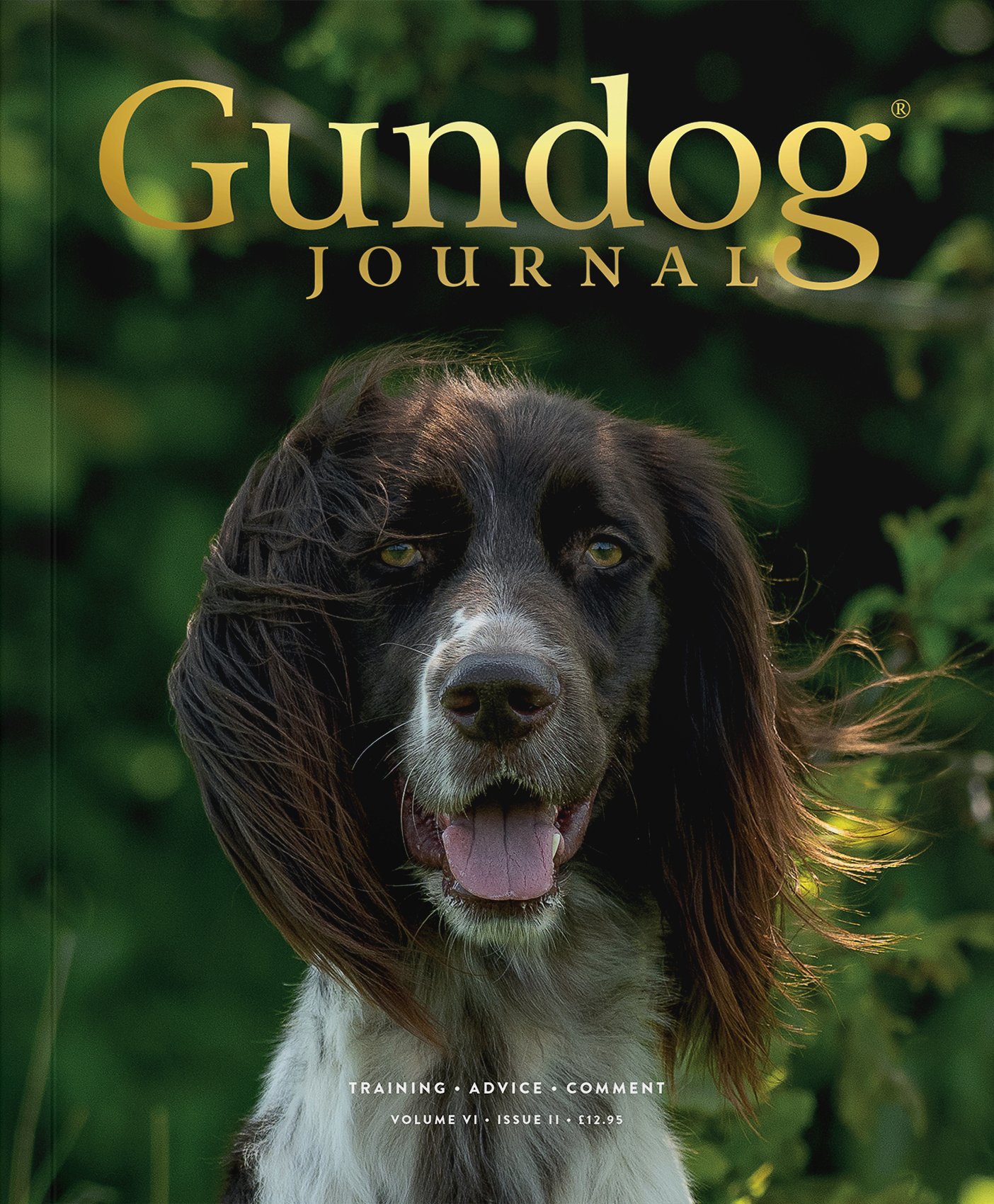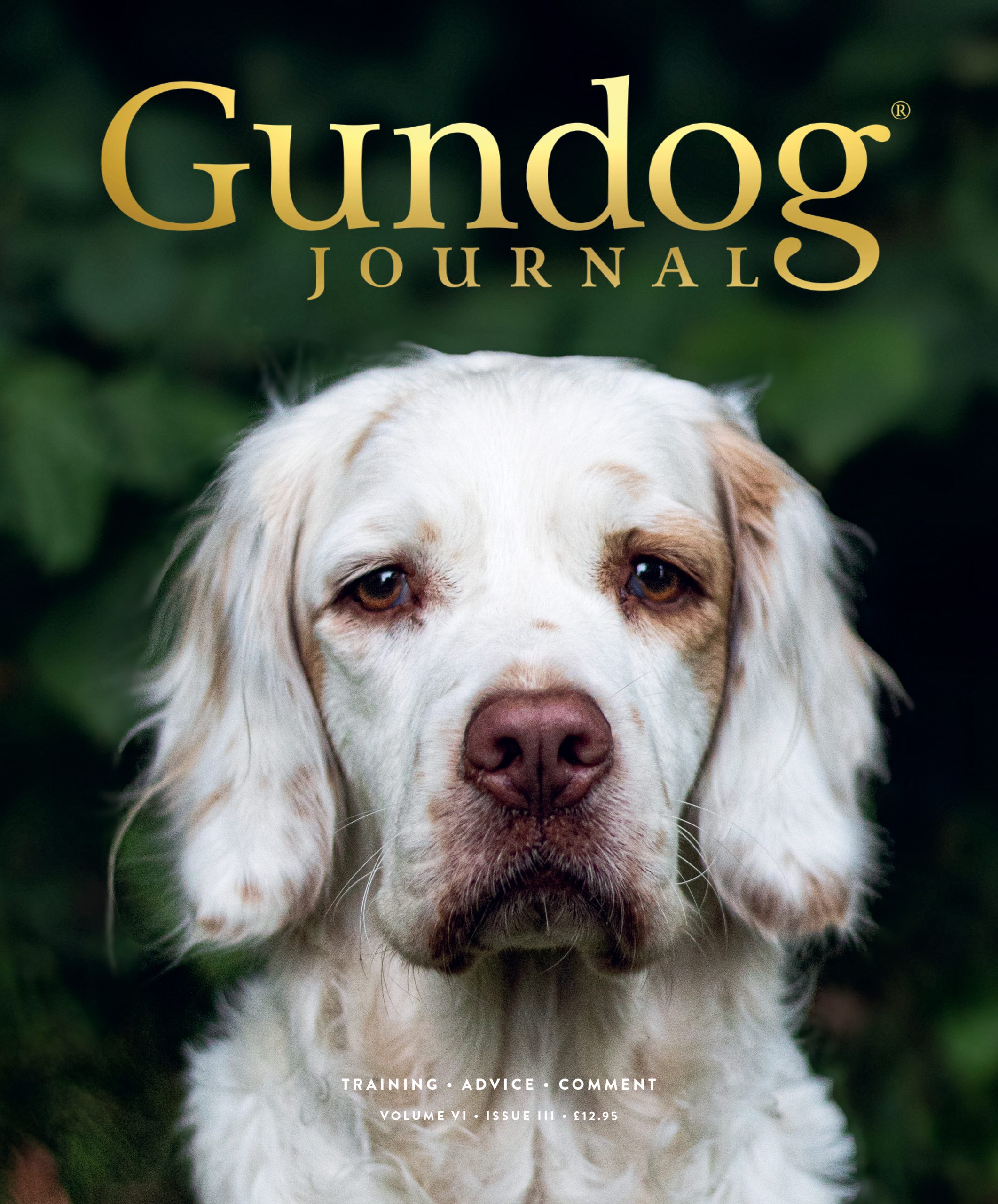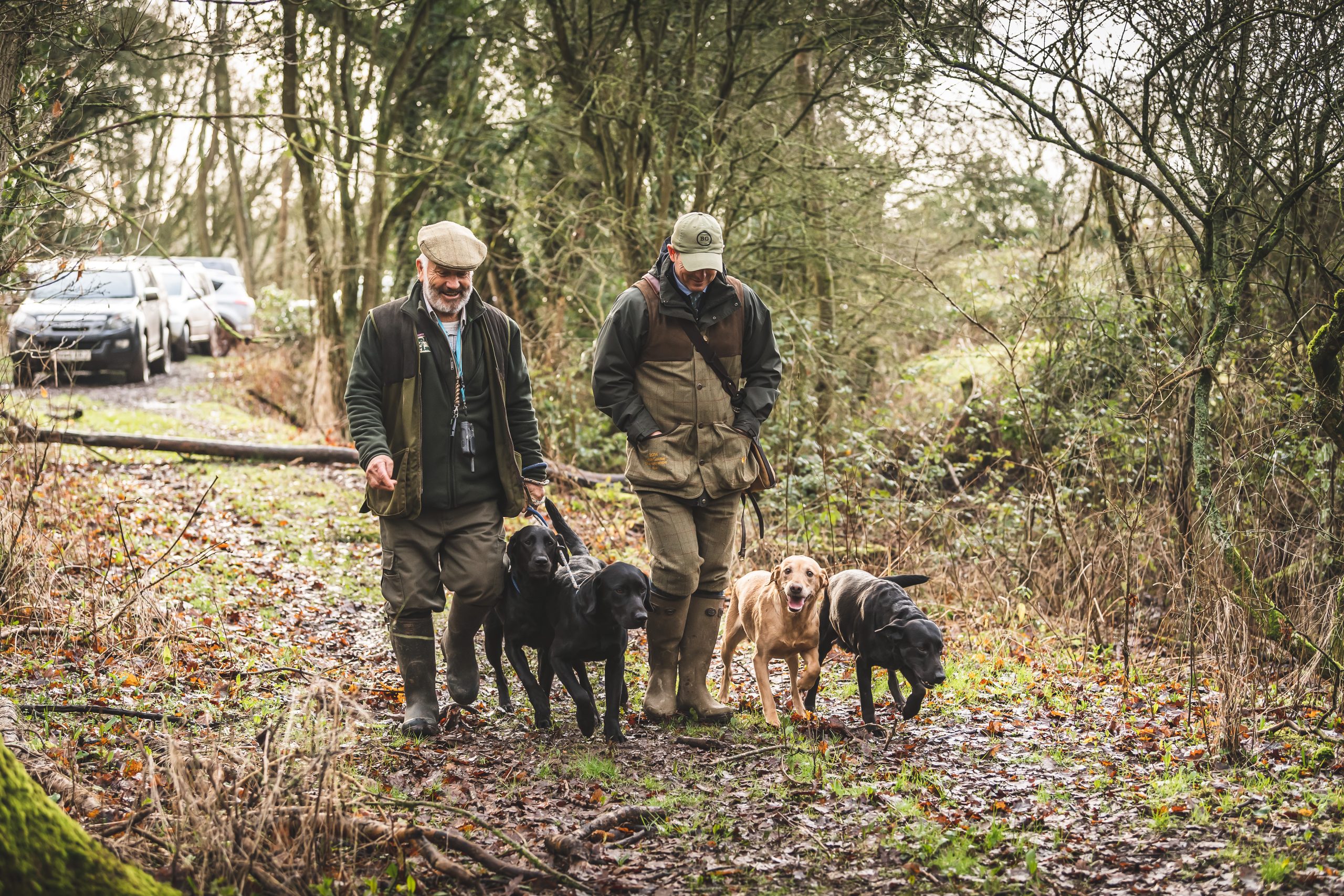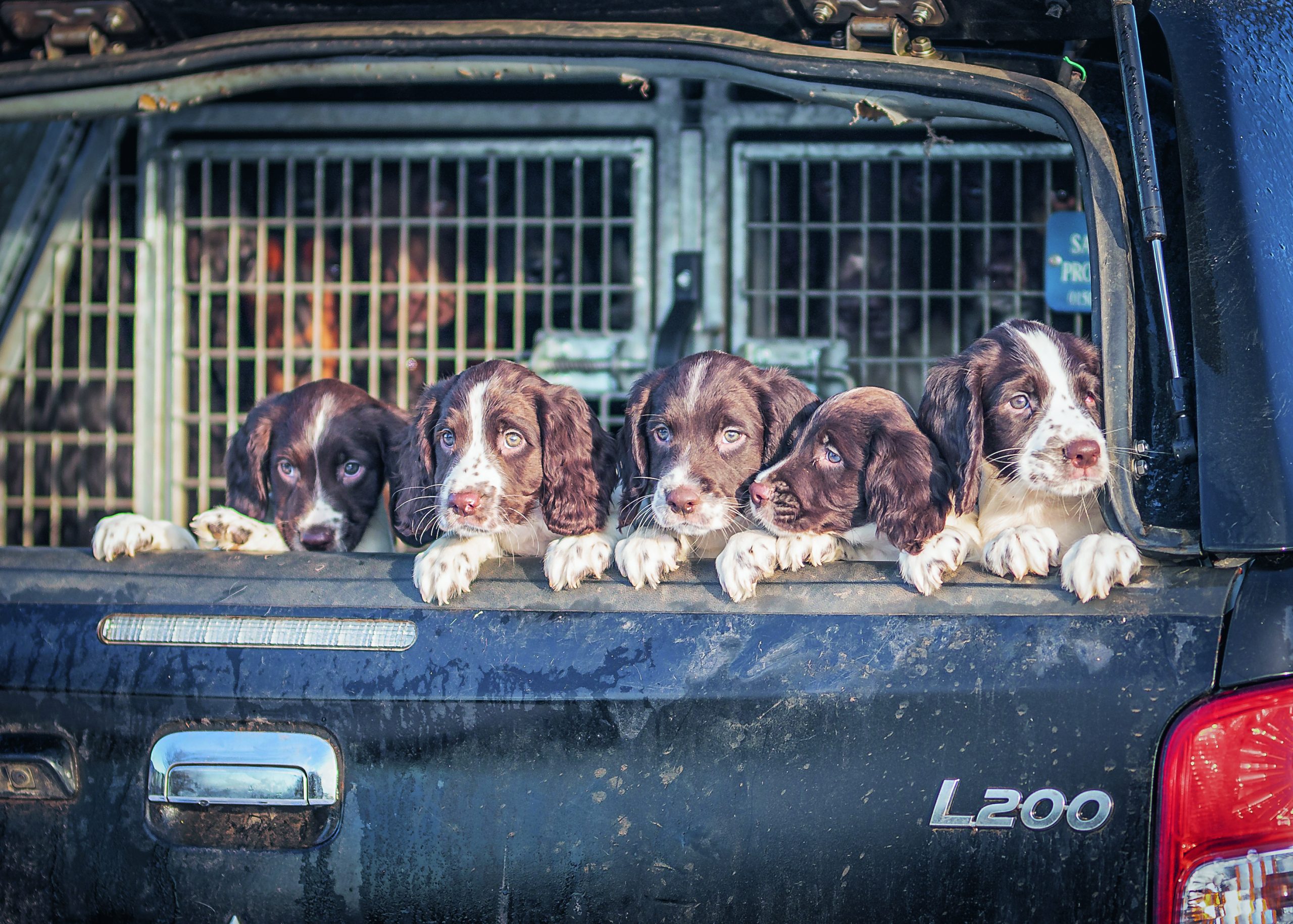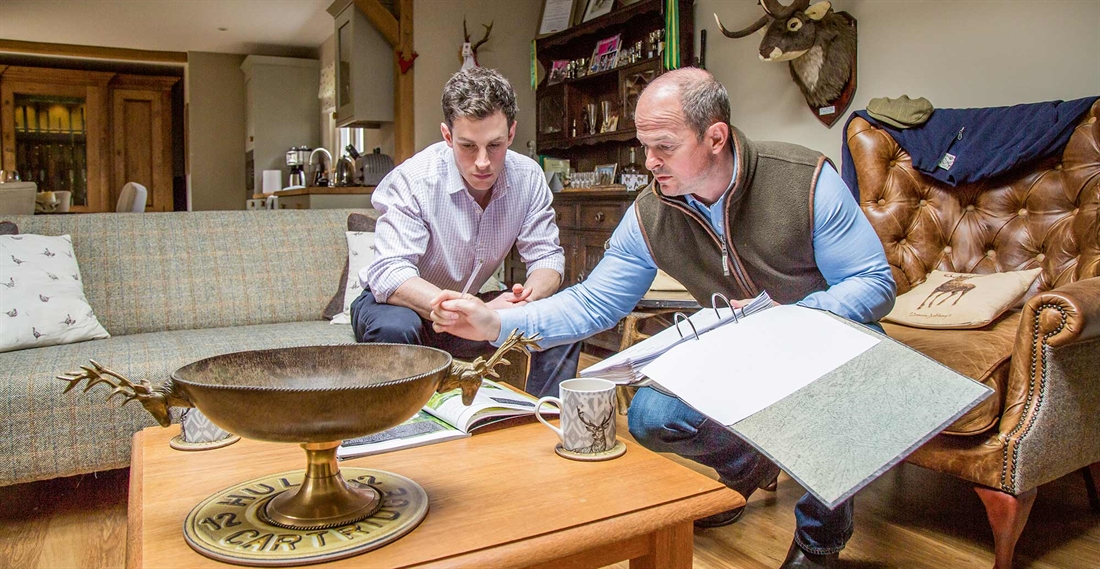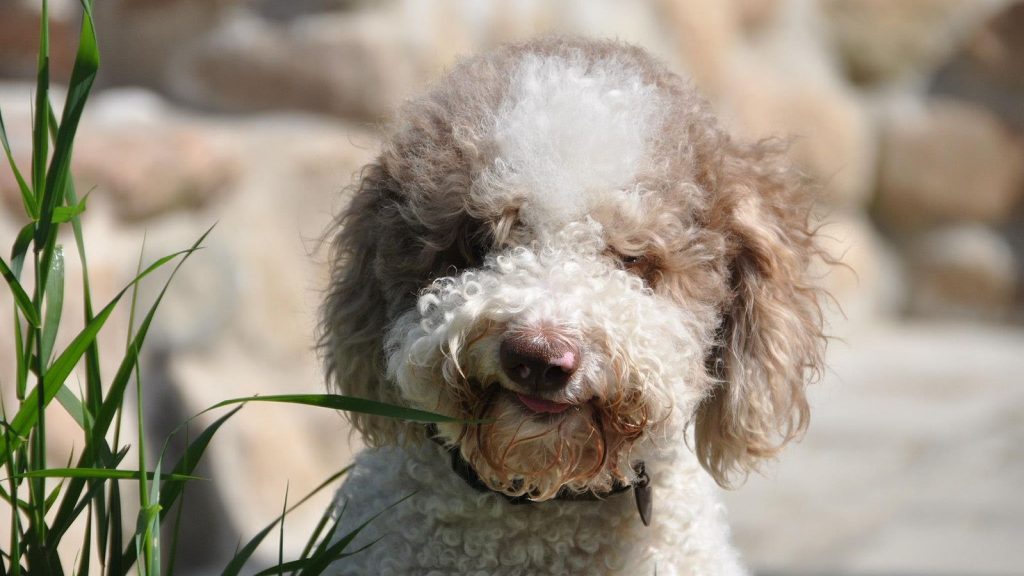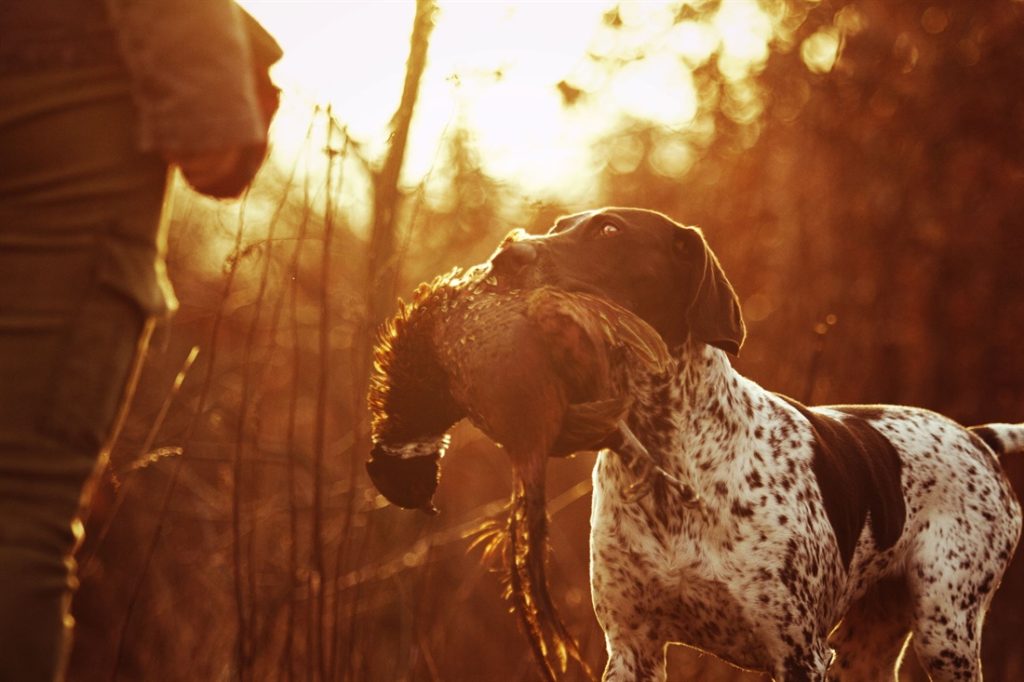Chesapeake Bay Retriever
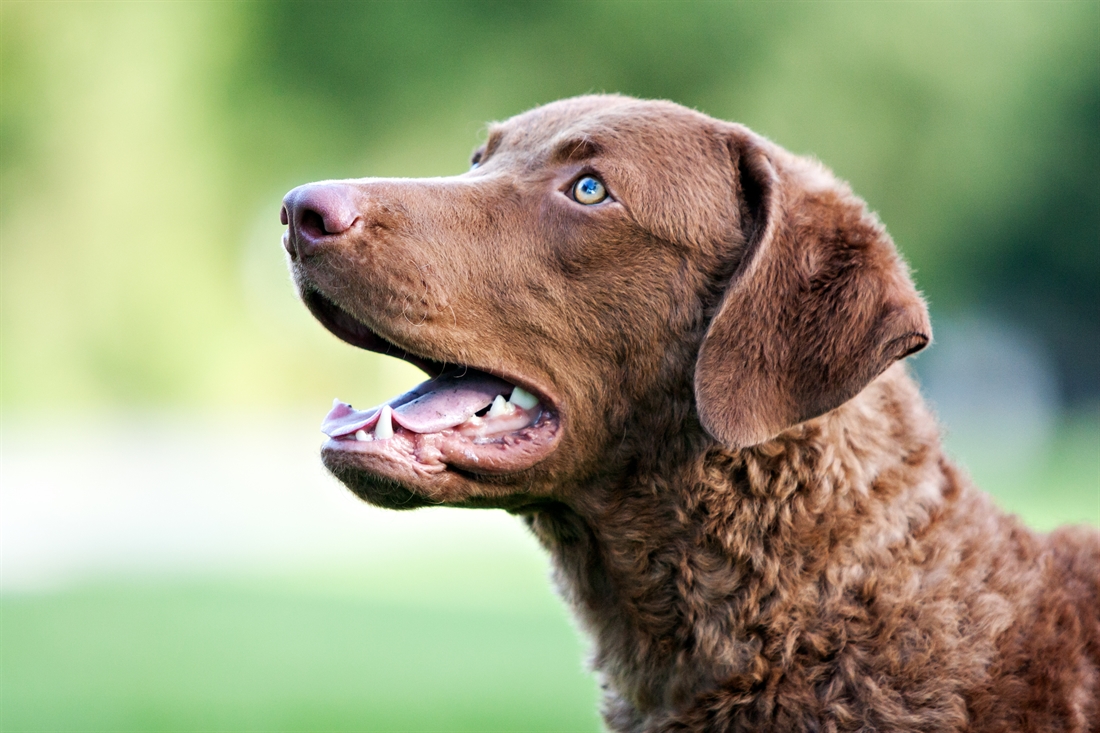
The Chesapeake Bay Retriever is the quintessential wildfowler’s dog, and the largest, most athletic retriever. Born and bred in the USA, the breed was created in the early 1800s after two Newfoundland dogs were saved from a shipwreck and then crossed with local dogs. It was a breed initially borne out of necessity by duck hunters in the Chesapeake Bay area, which gave the breed its name.
Chesapeake Bay Retriever Characteristics
Sometimes nicknamed the ‘Chessie’, this retriever is strong and muscular, with a naturally camouflaged oily coat and yellow to amber eyes.
The Chesapeake Bay Retriever is similar in shape to the labrador, but has a personality all of its own; it’s independent, courageous, and highly focused at work, with an innate guarding instinct. Loyal and affectionate with its owners, this breed tends to be wary of strangers and other dogs. It is considered good with children, but requires plenty of socialisation and leadership in the home.
The Chesapeake is the breed of choice for wildfowlers, but it also excels at retrieving on land and can be used for rough shooting or picking up at shoots. Some of these retrievers are also used in Scotland to track deer.
Owning A Chesapeake Bay Retriever: Pros And Cons
Pros Of Owning This Retriever
- A dependable working dog
- Has a steady temper
- Can be very playful
- Loyal and affectionate with owner
- Good with children when socialised early
- Average lifespan of 10-12 years
Cons Of Owning This Retriever
- Highly energetic – requires a lot of exercise each day
- Can act territorial towards strange dogs
- Not as friendly with strangers as Golden or Labrador Retrievers
- Can be very jumpy and exuberant when young
- Likes to chew and carry objects – good in the field, but not so good in your home
- Can become destructive when bored
- Very independent – needs a confident owner who can take charge and demonstrate who’s boss
Grooming Advice
Chesapeake Bay Retrievers tend to shed seasonally twice a year, in the spring and the autumn. However, they need regular brushing to keep their coats in good condition and to keep on top of everyday lighter shedding. Brushing or combing can also help to prevent their short coat from matting.
Every 1-2 months, it’s important to clip your dog’s nails and clean their ears to help keep them in the best possible condition. It’s also recommended that you use an eye wash regularly.
Discover more retriever breeds in our gundog breed hub, and subscribe to Gundog Journal to stay in the know
Related Articles
Get the latest news delivered direct to your door
Subscribe to Gundog Journal
Unlock the full potential of your working dog with a subscription to Gundog Journal, the UK’s only dedicated magazine for gundog enthusiasts. Published bi-monthly, this authoritative resource delivers expert training advice, in-depth interviews with top trainers and veterinary guidance to help you nurture a stronger bond with your dog.
With stunning photography and thought-provoking content, Gundog Journal is your essential guide to understanding, training and celebrating your working dog.
Save 10% on shop price when you subscribe, with a choice of packages that work for you. Choose from Print & Digital or Digital only with each journal delivered directly to your door or via the app every other month, plus access to past issues with the digital back issue library.
